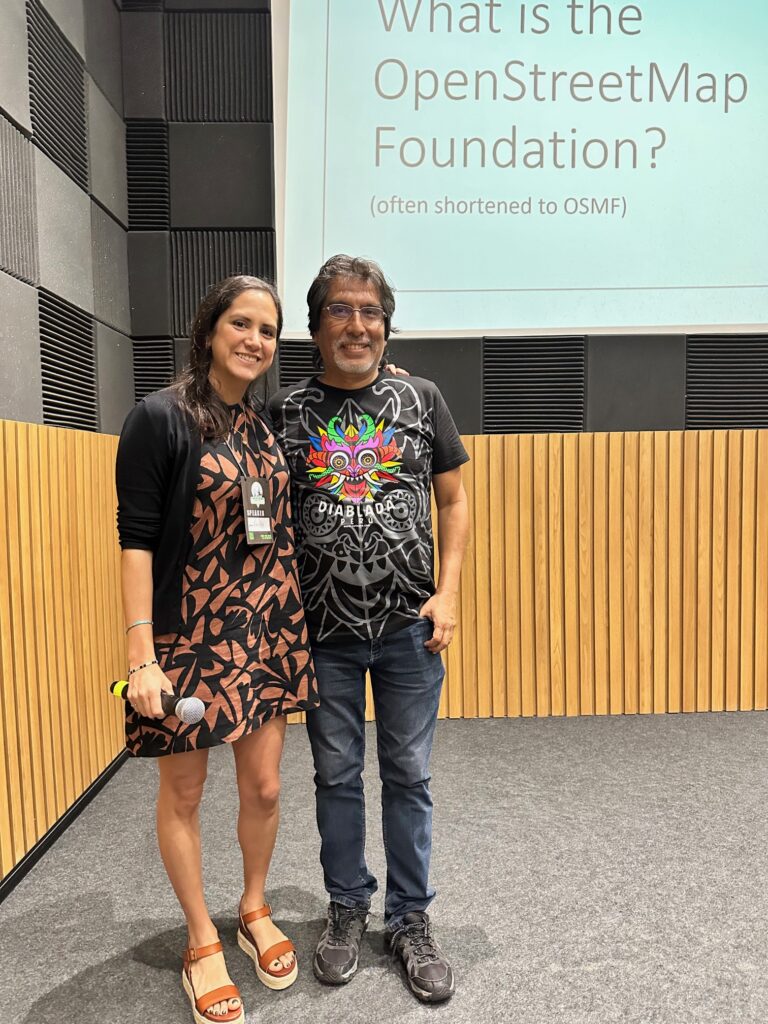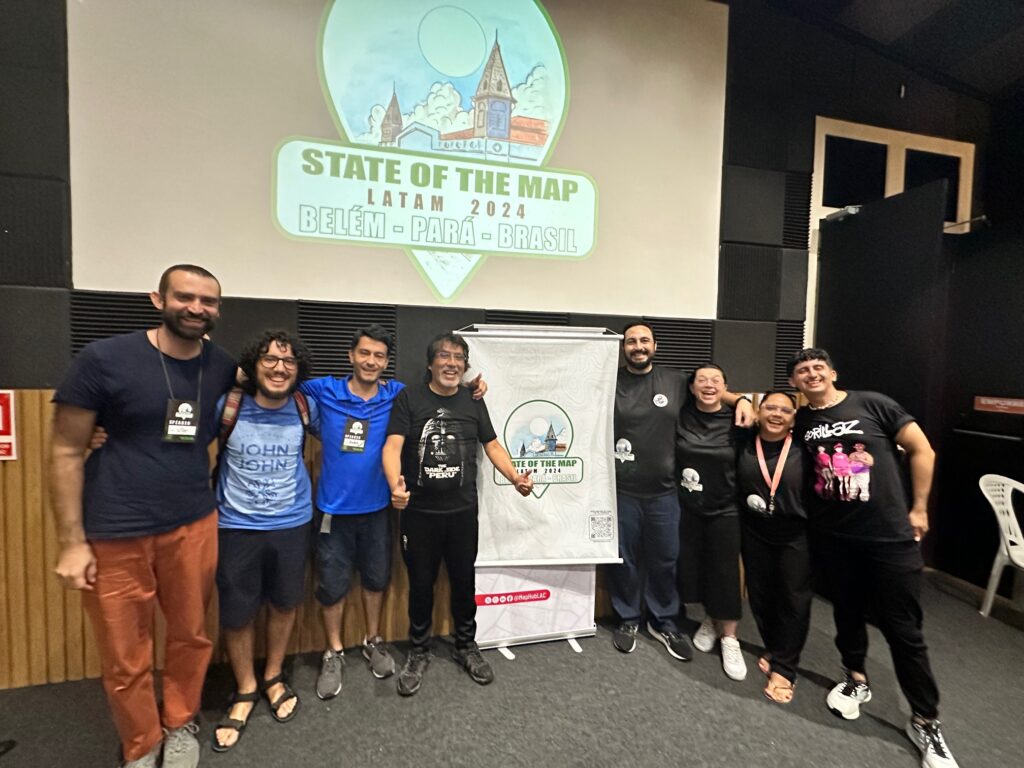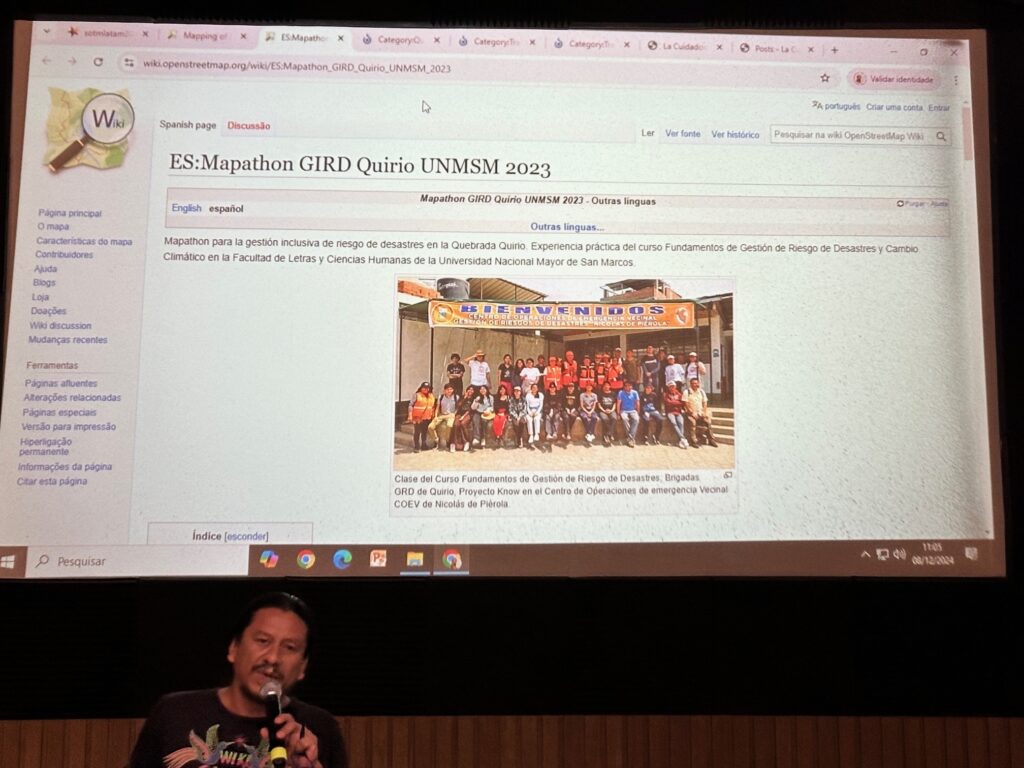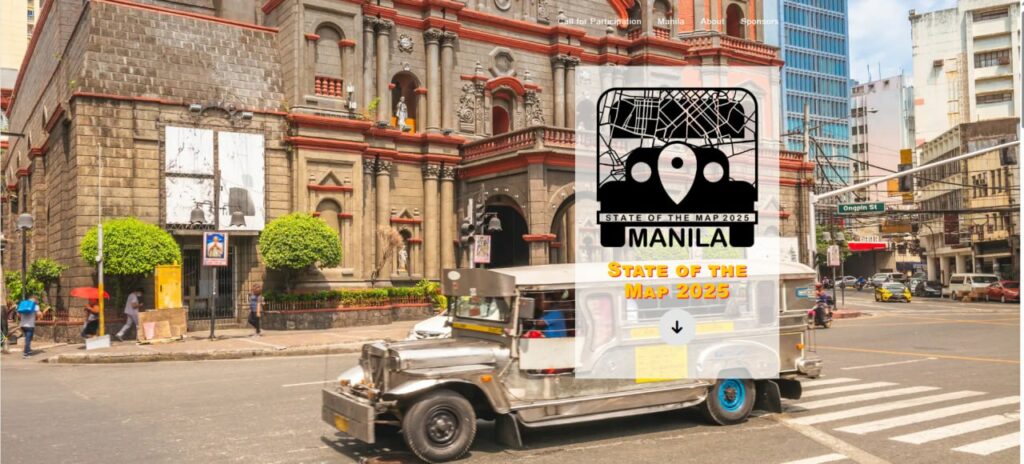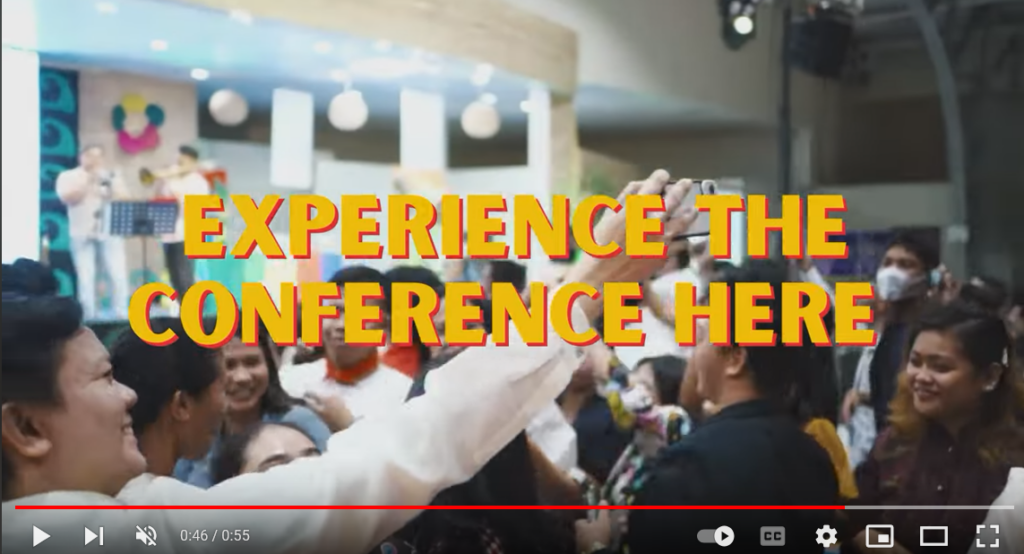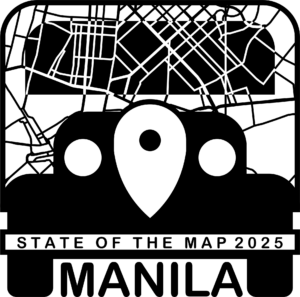
We want to notify OpenStreetMap Foundation members about an important recent change in the renewal process for memberships set to be automatically renewed via PayPal, and how it may affect you.
If you had enabled the automatic renewal of your membership via PayPal, you must have received an email from PayPal stating: “We stop all recurring payments of all members to prevent inadvertent double payment”. We confirm that, for the time being, OSM Foundation members will need to renew their membership manually.
Reason for the change
The Membership Working Group has decided to stop automatic email renewals via PayPal for all members for now. This decision was made because many payments do not register automatically, leading to incorrect reminder emails that confuse and annoy members and can result in double payments. Over the past two years, we have been unable to resolve this issue, and managing problems with automatic renewals requires significant volunteer time, which we currently lack.
While automatic renewals offer convenience and ensure that your membership remains active without any interruption, given the current challenges, we have had to disable this feature.
Manual renewal process
Until we find a proper solution, all membership renewals will need to be done manually. We understand that this may cause some inconvenience, and we appreciate your understanding. We have set up an automatic reminder system and you will likely receive automatic email reminders before your membership is due to end.
The automatic reminder emails sent four and two weeks before your membership ends, will contain a link which you can use to renew. You will also get additional reminders if you let your membership lapse, spaced out over several months.
Alternatively, you can renew via https://supporting.openstreetmap.org/#Membership-Categories. Please ensure that you:
- Select the correct membership type.
- Fill the email address associated with your OSM Foundation membership, if you have multiple email addresses.
- Have the OpenStreetMap user name ready that shall fulfill the baseline activity requirement . If you have an Active Contributor Membership with your membership fee waived via mapping contributions (so you are not affected by this issue with auto-renewals), you still need to have at least 42 mapping days in the past 365 days at the time of your membership renewal.
To ensure that your membership remains active, we strongly advise you to:
- Add a reminder about your need to renew the membership to your personal calendar, and
- Check that you receive a confirmation email after manually renewing.
Questions about your membership?
If you have questions about your membership, please email us at membership@osmfoundation.org, from the email address associated with the membership. Please note that we are just a few volunteers, dedicating our free personal time to Foundation issues, so there might be some delay in the replies.
We need your help
Additionally, we are looking for volunteers to help with various tasks, including managing issues with membership renewals. You can read more information about what we do here. If you are interested in volunteering your time, please let us know at mwg@osmfoundation.org with subject “Helping the Membership Working Group”. Your support would be greatly appreciated.
Thank you for your continued support to OpenStreetMap and for your membership.
Best regards,
Michael Spreng,
Membership Working Group Volunteer
—–
Do you want to translate this and other blogposts in your language…? Please email communication@osmfoundation.org with subject: Helping with translations in [your language]
The OpenStreetMap Foundation is a not-for-profit organisation, formed to support the OpenStreetMap Project. It is dedicated to encouraging the growth, development and distribution of free geospatial data for anyone to use and share. The OpenStreetMap Foundation owns and maintains the infrastructure of the OpenStreetMap project, is financially supported by membership fees and donations, and organises the annual, international State of the Map conference. Our volunteer Working Groups and a very small core staff are the primary support for the OpenStreetMap project. Join the OpenStreetMap Foundation for just £15 a year or for free if you are an active OpenStreetMap contributor.
